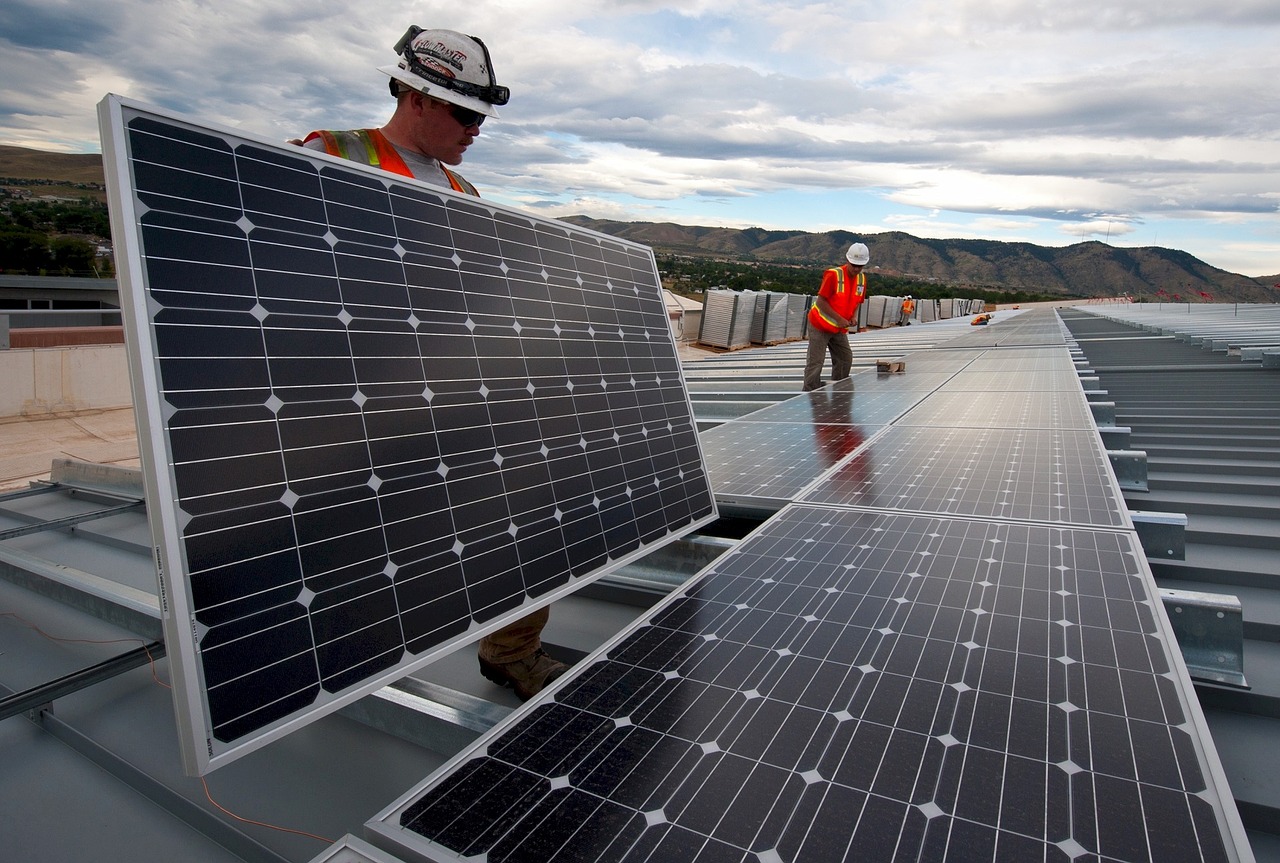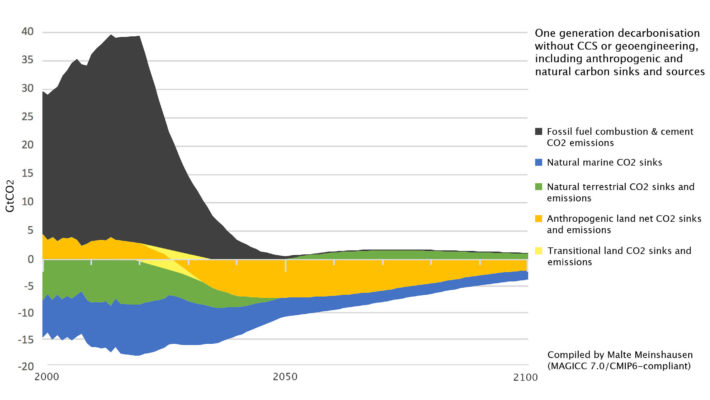Nobody moves to the rez for the job opportunities. Not yet, anyway.
While national unemployment is declining at 3.8 percent, joblessness in Indian Country is sometimes double, triple, even quintuple that, according to a Bloomberg analysis of data from the Bureau of Labor Statistics and 2016 US census material.
In Dewey County, South Dakota, home to the Cheyenne River Sioux (Standing Rock’s neighbors to the south), joblessness is at 9.6 percent, more than double the national average. It’s the same for the Turtle Mountain Ojibwe, in Rolette County, ND. The Yup’ik people of Western Alaska, in the Kusilvak Census Area, are unemployed at a rate of 20.7 percent, making their home one of the four poorest counties in the nation, alongside Oglala Lakota and Todd County, SD, home to the Rosebud Sioux.
In the 10.5 counties of my own tribe, the Choctaw Nation of Oklahoma, the poverty rate is between 20 and 50 percent, compared to the national average of 12.3 percent. While the nation stimulates entrepreneurship with its own business development programs, state and federal support is scant in these sparse, mostly rural communities. But it doesn’t have to be this way.
New Bill Proposes Three Year Grants For Native Businesses
Because reservation communities are often isolated, lean of resources, and sometimes lacking infrastructure, businesses have little incentive to move there. This creates a self perpetuating cycle. Major chains and developments open in the nearest off-rez towns and cities, where there’s more money flowing through, so reservation residents have to leave their communities to find jobs, or even buy food.
But a new piece of proposed legislation hopes to break that cycle. New Mexico Representative Deb Haaland announced a bipartisan bill on Friday aimed at stimulating economic development in Native communities. The Native American Business Incubators Program Act is designed to expose reservation communities to business investment capital in the form of three year grants.
Filling In the Gaps With Salsa
“Investments in our human capital, our creativity and our natural ability to build businesses and revenue streams is key to economic prosperity,” says Haaland, who’s Laguna Pueblo, “but often times the resources are not available for Native communities.”
She recounts that as a single mother, she started a salsa company to help her fill in the financial gaps. “That experience could have been so different if there was more access to resources,” she says. “This bill will make sure future entrepreneurs in Indian Country can build businesses and break cycles of poverty in our communities.”
The bill is co-sponsored by representatives including republican and citizen of the Chickasaw Nation of Oklahoma Tom Cole, who also co-chairs the Native American Caucus alongside Haaland, Alaska republican Don Young, and California democrat Norma Torres.
Torres, a native of Guatemala, also works for Native interests as a member of the House Natural Resources Subcommittee on Indigenous Peoples of the United States. “High rates of poverty and unemployment have posed significant barriers for business owners in Indian Country,” she says. “By increasing access to vital resources and investments, our bill makes it possible for Native American entrepreneurs to grow and sustain their businesses and get the tribal community’s economic engine revving.”
Native Communities Already Leading the Way in Clean Energy Development
With better access to capital, Haaland and company hope to “expand assistance to a broad range of business sectors and incubation methods,” giving communities the boost they need “through smart economic development.” One of the sectors in which Native nations are already leading the way is clean energy.
The Navajo Nation’s Kayenta Solar Project is a 23.7 megawatt plant that’s been powering 18,000 Diné households since May 2018. The plant created 284 on-reservation construction jobs, and brought in $15.6 million in economic activity. Now the solar plant, the largest of its kind, is expanding into a second phase, Kayenta II, which the nation hopes will bring 200 more jobs by this May.
There’s economic potential in Indian Country. But it isn’t about extracting ‘gold in them hills’. It’s about empowering Natives to build sustainable, indigenized business models like Kayenta, businesses that support Native families and enrich our lands. We have the technology to do this now. With a legislative push, and better access to capital, we could lead the way in transforming the private sector.
Clean EnergyDeb HaalandEntrepreneurshipIndigenizeNative AmericanSolar Energy




